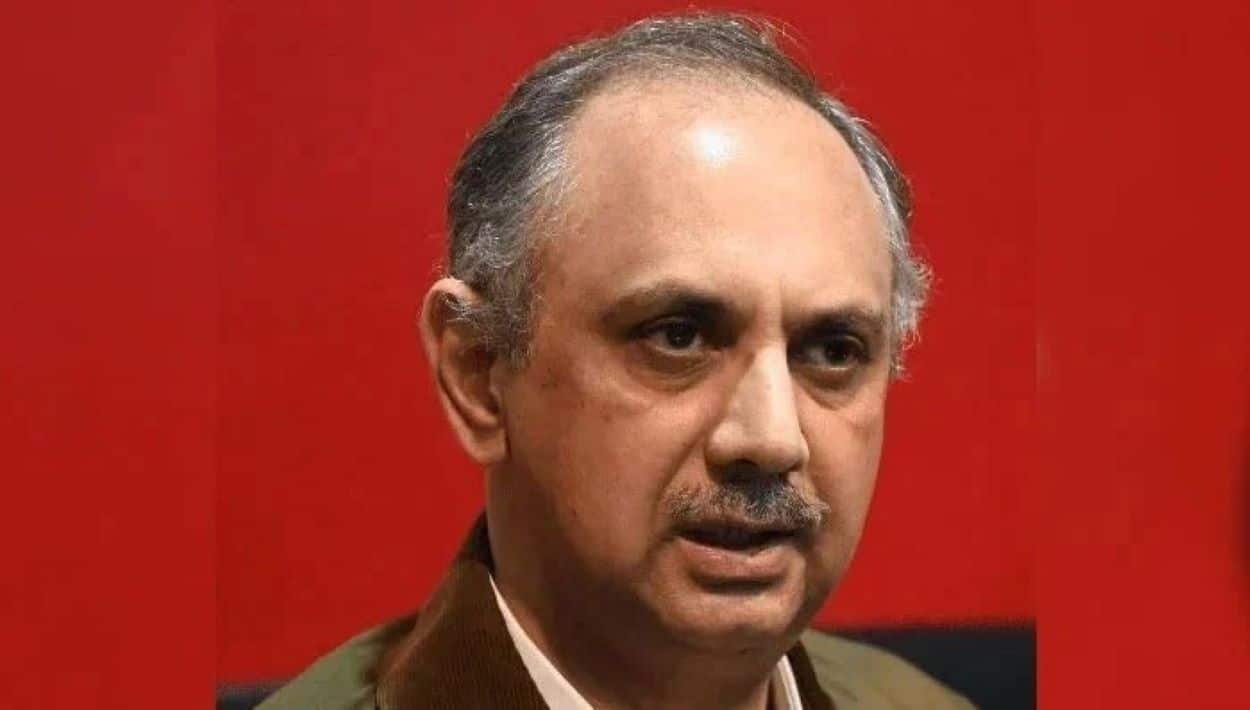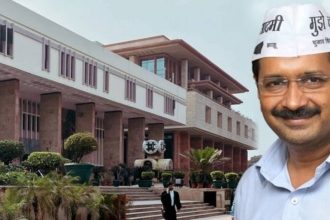Omar Ayub, a prominent leader of Pakistan Tehreek-e-Insaf (PTI), has levied serious accusations against Pakistan’s intelligence agencies, the Inter-Services Intelligence (ISI) and Military Intelligence (MI).
Ayub alleges that ISI and MI have orchestrated the addition of a PTI National Assembly member’s name to the Exit Control List (ECL), effectively barring their return to Pakistan. This claim surfaced during a discussion in the Finance Committee, where Ayub expected a serious dialogue about the allegations.
However, Ayub’s response dismissed the severity of the discussion, likening it to a mere talk show. This trivialization of his concerns provoked a strong reaction from Ayub, who, in a display of protest, abruptly left the meeting and declared a boycott.
Further escalating his critique, Ayub issued a stern warning about the country’s direction under the current leadership. He expressed fears that Pakistan could face a situation similar to Bangladesh’s past political turmoil, implying a scenario where rulers might have to flee the country. He cautioned that those in power could not escape accountability merely by using helicopters, suggesting an inevitable reckoning due to their governance practices.
The confrontation highlights deep-seated tensions between political figures and national security agencies, reflecting a significant rift within the governmental framework that could have broader implications for Pakistan’s political stability.






